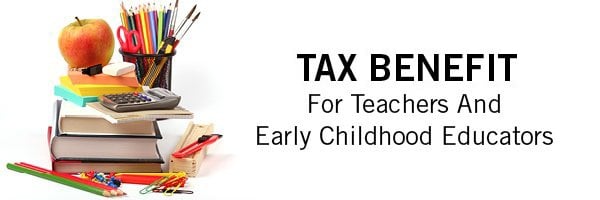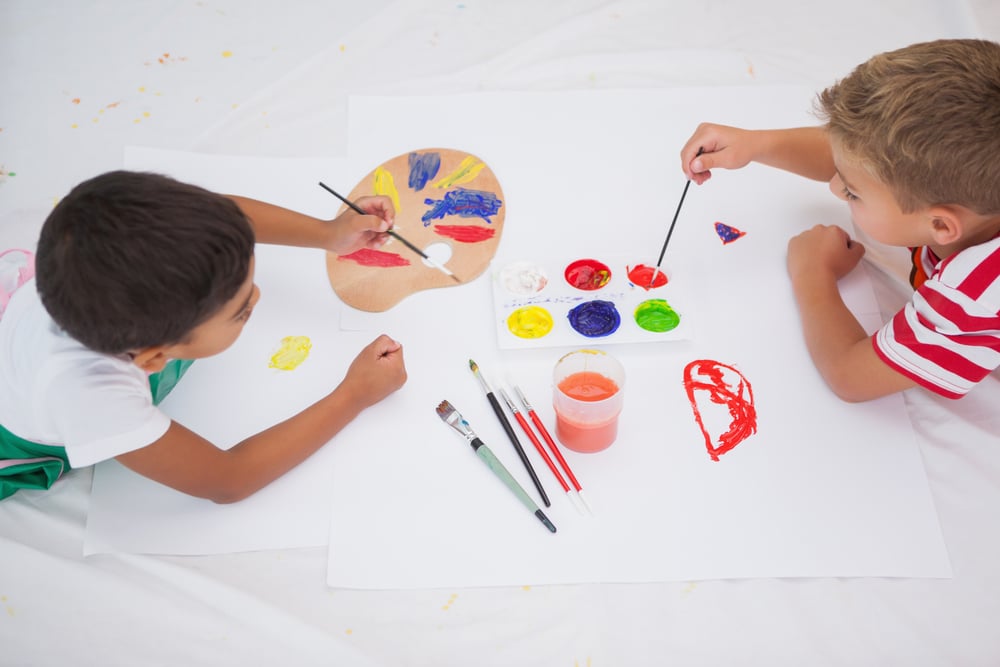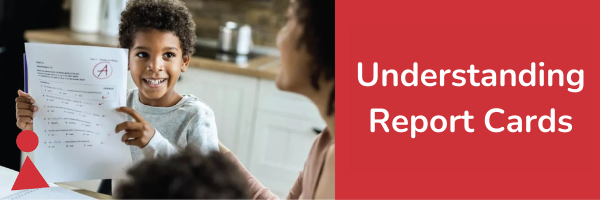As teachers and early childhood educators prepare their classrooms for the upcoming school year, we are reminded now more than ever that learning professionals play a critical role in our children’s development and in shaping the future of our country. We recognize that teachers and child care workers often incur out-of-pocket expenses as they create a positive learning environment for our children. While these expenses help educators significantly enhance the classroom experience for our kids, this generosity is not currently recognized by our federal tax system.
That is why a Liberal government led by Justin Trudeau will introduce a new Teacher and Early Childhood Educator School Supply Tax Benefit. Accessible to all teachers and educators licensed or certified by their province or territory, this tax benefit will apply to the purchase of up to $1,000 worth of school supplies per year for their students, providing a cash benefit of up to $150 annually. It will operate as a refundable tax credit, so all educators who have purchased educational materials qualify, regardless of their income level. The list of allowable school supplies (see Appendix) will draw on best practices in Prince Edward Island, which has already implemented a provincial school supply tax benefit.
The Teacher and Early Childhood Educator School Supply Tax Benefit will apply to expenses for the 2016 tax year and subsequent taxation years, and will generate $60 million annually in tax savings for teachers and early childhood educators across the country.
Important Note: Scholar's Choice members can request to have receipts of past purchases emailed or printed off for them!
The list of allowable school supplies includes items like:
- Bulletin board decorative items, such as borders and illustrations;
- Construction paper and Bristol board for activities, flashcards, or activity centres;
- Posters with instructions, such as punctuation rules or chemistry formulas;
- Items for science experiments, such as seeds, vegetables, fruits, potting soil, milk, vinegar, coffee stir sticks, straws, spaghetti for building structures, etc.;
- Specialized art supplies;
- Games and puzzles;
- Supplementary books (novels, non-fiction, and reference) for classrooms;
- Stickers and motivational items;
- Support software for teaching and learning purposes; and
- Containers, such as plastic boxes or banker boxes for themes and kits.







